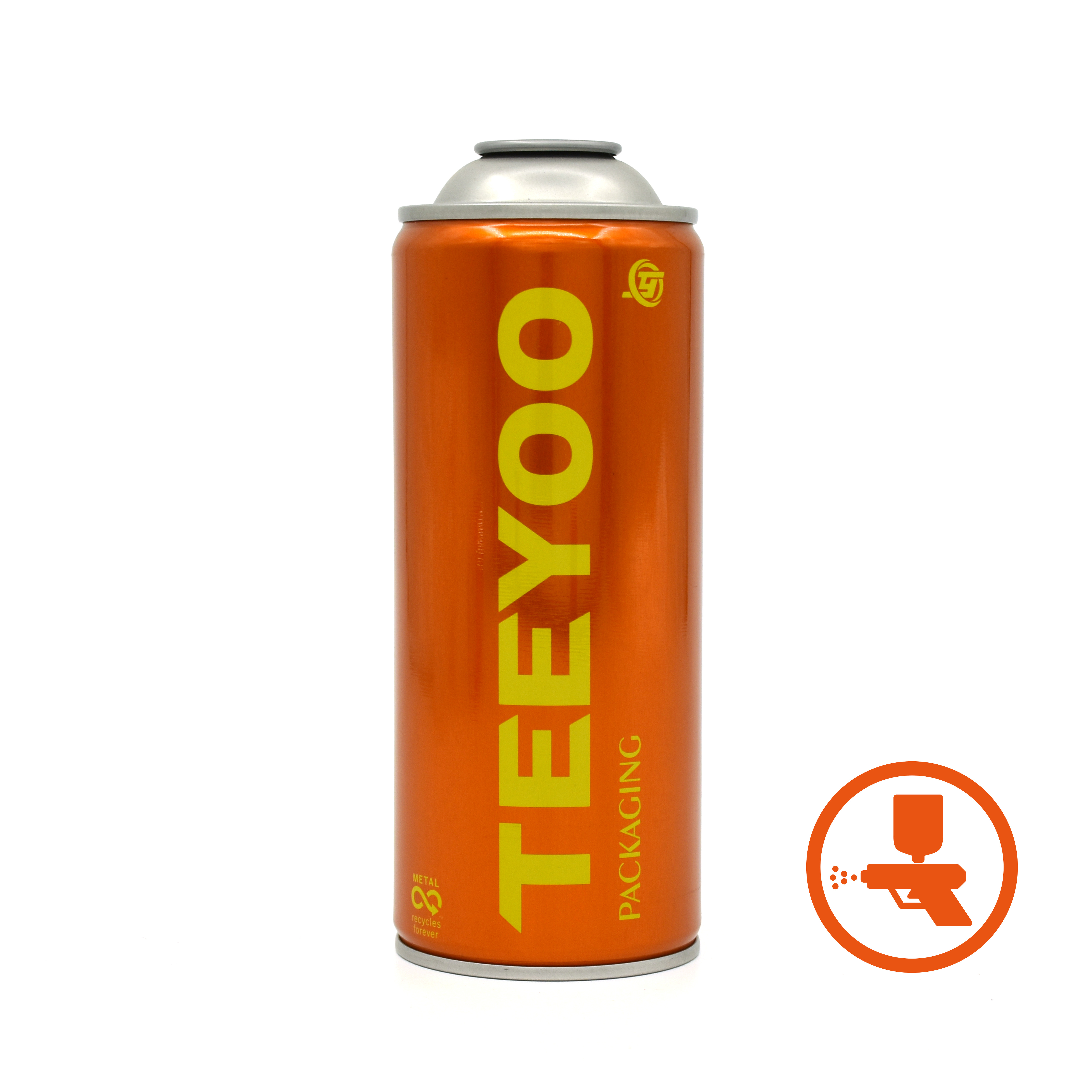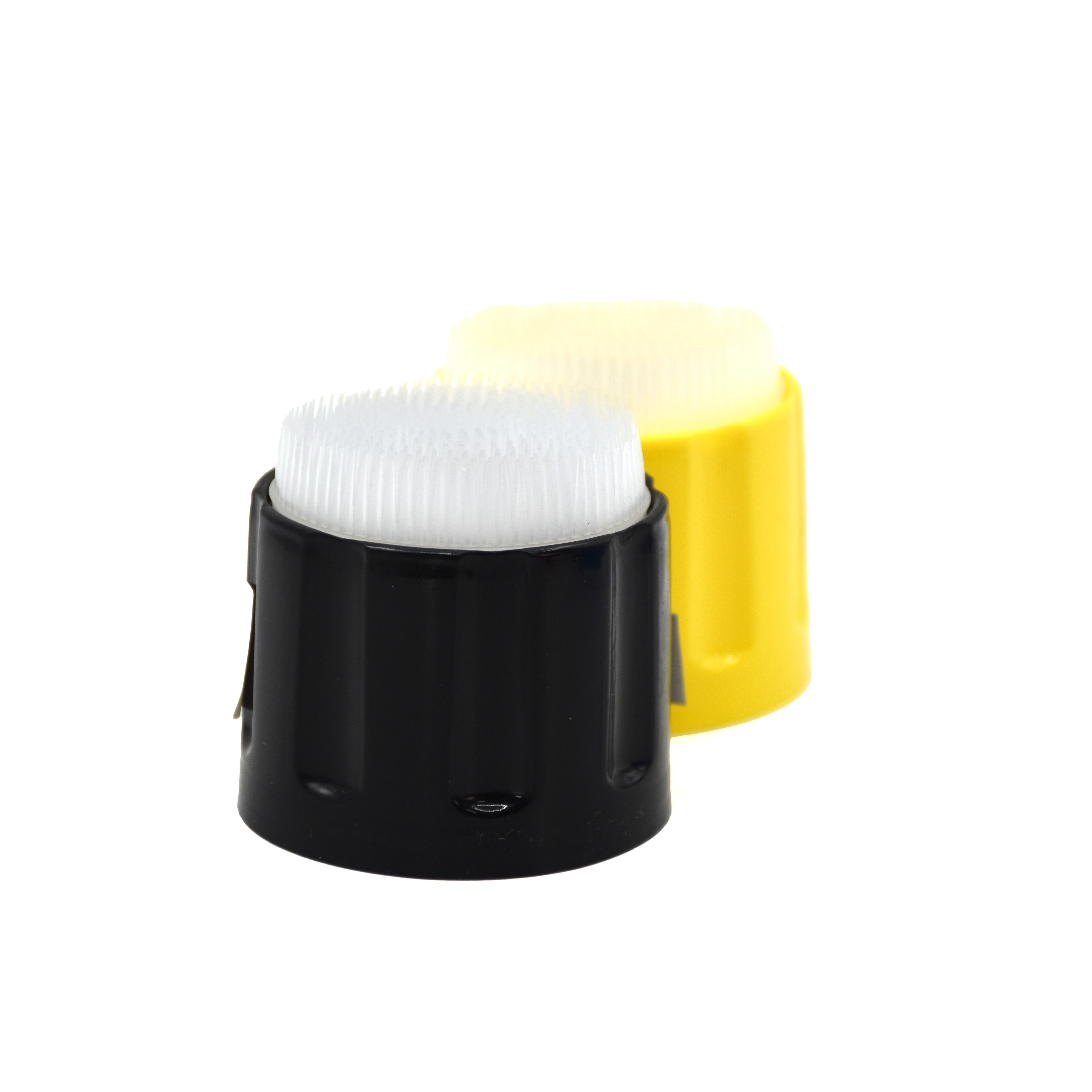Understanding Empty Metal Cans: Insights into Category 95059090
Jul 16,2025
Empty metal cans, classified under the Harmonized System (HS) code 95059090, play a crucial role in the packaging and printing industry, particularly within the realm of metal packaging containers. These cans are primarily utilized across diverse sectors, including food and beverage, personal care, and industrial applications. Understanding the significance of these containers can empower businesses to make informed decisions regarding their usage, sourcing, and environmental impact.
One of the primary advantages of empty metal cans is their durability and strength. They offer excellent protection for a wide range of products, ensuring they remain safe from environmental factors and contamination. This characteristic is especially vital in the food and beverage sector, where product integrity is paramount. Additionally, their lightweight nature contributes to reduced shipping costs and is advantageous in terms of storage efficiency.
Recycling is another significant aspect associated with empty metal cans. These containers are widely recyclable, with many municipalities offering robust recycling programs. This not only mitigates environmental impact but also supports a circular economy by allowing businesses to reduce waste and lower material costs. It's essential to educate consumers about proper recycling practices for metal cans to maximize their recycling potential and promote sustainability.
Furthermore, companies in the packaging industry should consider the design and functionality of empty metal cans. Customization options such as printing and labeling can enhance brand visibility and consumer engagement. The aesthetic appeal of metal cans can significantly influence consumer choice, making investment in attractive designs a worthwhile consideration.
When sourcing empty metal cans, businesses must also evaluate suppliers based on quality, reliability, and sustainability practices. Establishing strong relationships with reputable suppliers can ensure that the cans meet industry standards and align with the company’s ethical guidelines. It is advisable to conduct thorough research to find suppliers that adhere to best practices in manufacturing and environmental stewardship.
In conclusion, empty metal cans under the category 95059090 serve as a vital component in various industries, offering durability, recyclable benefits, and opportunities for branding. By understanding the features and advantages of these containers, businesses can leverage them to enhance their packaging strategies while contributing to sustainable practices. As the packaging landscape continues to evolve, staying informed about the latest trends and innovations in metal packaging can provide a competitive edge in the market.
One of the primary advantages of empty metal cans is their durability and strength. They offer excellent protection for a wide range of products, ensuring they remain safe from environmental factors and contamination. This characteristic is especially vital in the food and beverage sector, where product integrity is paramount. Additionally, their lightweight nature contributes to reduced shipping costs and is advantageous in terms of storage efficiency.
Recycling is another significant aspect associated with empty metal cans. These containers are widely recyclable, with many municipalities offering robust recycling programs. This not only mitigates environmental impact but also supports a circular economy by allowing businesses to reduce waste and lower material costs. It's essential to educate consumers about proper recycling practices for metal cans to maximize their recycling potential and promote sustainability.
Furthermore, companies in the packaging industry should consider the design and functionality of empty metal cans. Customization options such as printing and labeling can enhance brand visibility and consumer engagement. The aesthetic appeal of metal cans can significantly influence consumer choice, making investment in attractive designs a worthwhile consideration.
When sourcing empty metal cans, businesses must also evaluate suppliers based on quality, reliability, and sustainability practices. Establishing strong relationships with reputable suppliers can ensure that the cans meet industry standards and align with the company’s ethical guidelines. It is advisable to conduct thorough research to find suppliers that adhere to best practices in manufacturing and environmental stewardship.
In conclusion, empty metal cans under the category 95059090 serve as a vital component in various industries, offering durability, recyclable benefits, and opportunities for branding. By understanding the features and advantages of these containers, businesses can leverage them to enhance their packaging strategies while contributing to sustainable practices. As the packaging landscape continues to evolve, staying informed about the latest trends and innovations in metal packaging can provide a competitive edge in the market.










